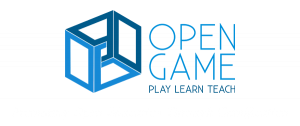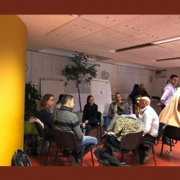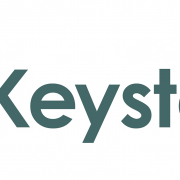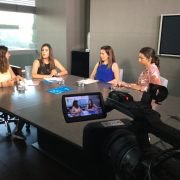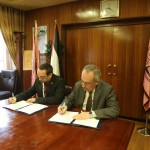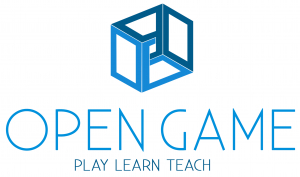Final Conference of Comanity project in Brussels
The final Conference of the Comanity project took place on November 13, 2019 in Brussels. The results of the project were presented and discussed in a panel with representatives of the European Commission, the European Council, the European Youth forum and with members of the European Parliament.
The project offers to the community of youth workers and of youth work organisations the possibility to develop a new professional profile, the “Community Animateur”.
The Community Animateur’s role is to bridge the existing gap between young people on the margins and ‘mainstream’ institutions by acting as a “Social Mediator”. Community Animateurs come from the community, and are trusted by their peer group. They act as a point of mediation between young people who don’t trust ‘the system’ and the system itself.
During the conference, the experience of the organisations that have experimented the training programme of Comanity where presented and it was shown how – thanks to Comanity – the involved youth workers could create a stronger connection to the groups of youth at the margins living in the area where their youth organization is located, and how engaging them in the solution of problems related to their community improved their situation and mitigated the risk of exclusion.
In the project, UNIR has developed the Comanity online course, which is part of the training programme leading to the acquisition of the required knowledge, skills and attitudes to become a community animateur, and the Comanity Hub, a virtual meeting place for youth workers to exchange learning, experience and knowledge.
Following a piloting phase in youth organisations in the UK, Greece, Spain and Italy, the online course will be available soon to all interested individuals and organizations, stay tuned to know when it will be launched.
To get access to the Comanity Competence Framework for the Community Animateur click here
To visit the project website click here
To get access to the Comanity Hub click here
For more information about the project and to get access to the course please contact:
Stefania Aceto
Project Manager
Research Institute for Innovation & Technology in Education (UNIR iTED)
Vicerrectorado de Proyectos Internacionales
